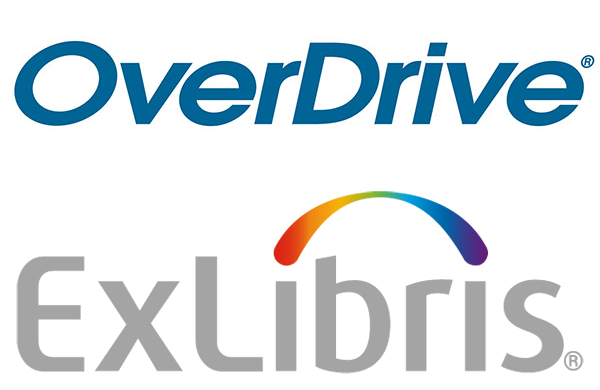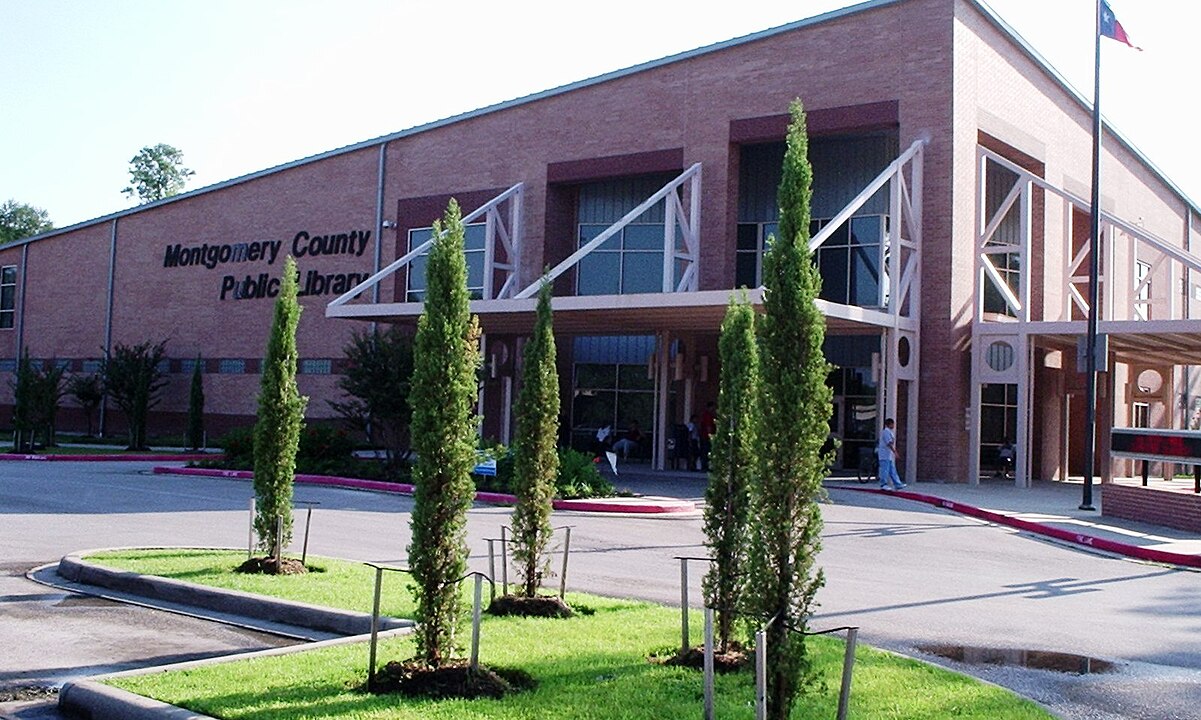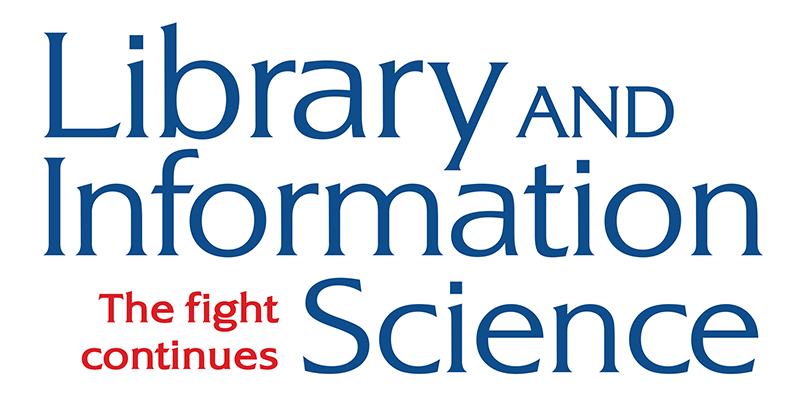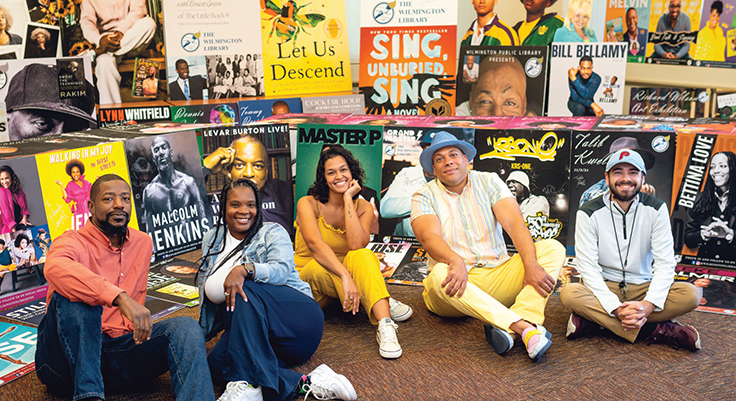Public Libraries
Philanthropic foundation Carnegie Corporation of New York on December 9 announced a new $5 million pool of grant funding available for public libraries nationwide. The new initiative—Libraries as Pillars of Education and Democracy—“will help public libraries deliver critical services that promote socioeconomic mobility, civic participation, and social belonging,” according to an announcement. The $5 million will be awarded to 10 to 15 library systems in regions serving 500,000 people or more, with each system receiving up to $500,000 in funding over 24 months.
Library vendors have announced several new products, partnerships, and programs during the past two months. Here’s a sampling of recent news.
Modern libraries aren’t just places for reading and research. They’re vibrant and active community centers where the people and programming play just as critical a role as the collections.
As artificial intelligence becomes more embedded in work, creative pursuits, and the generation of online misinformation, public libraries have a major new role to play in digital literacy.
While Texas continues to be a leading state in the number of book bans reported each year, a recent challenge at the Montgomery County Memorial Library has been reversed. The Texas Freedom to Read Project reported that a children’s book, Colonization and the Wampanoag Story by Linda Coombs (Aquinnah Wampanoag)—an account of American colonization and Native traditions described from an Indigenous perspective—was challenged in September and subsequently moved out of the juvenile nonfiction area to the fiction collection.
The data for new public library buildings and renovations featured in LJ's Year in Architecture 2024.
Keeping up with the constantly changing technological and information landscape has presented a major challenge to the field of library science. Here are some of the leading library and information science (MLIS) master’s degree programs that are stepping up to meet these challenges.
Wilmington Public Library enlists community input alongside vibrant in-house marketing to build excitement around innovative events. San José Public Library, CA, and Worcester Public Library, MA, received honorable mentions.
For the past four years, EveryLibrary has been working to fight the book-banning movement. A large part of that fight is developing effective messaging against book bans, as well as conducting extensive message testing, surveys, and focus groups to understand the impact of messaging and determine which messages perform best.
ALREADY A SUBSCRIBER? LOG IN
We are currently offering this content for free. Sign up now to activate your personal profile, where you can save articles for future viewing









